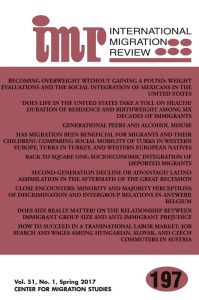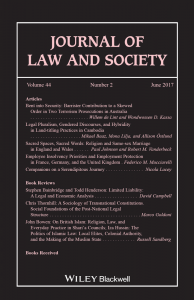Wikipedia’s ‘increasing focus on quality and referencing’
 Many lecturers and teachers will recognise the feeling of disheartenment when confronted by an undergraduate essay containing multiple references to Wikipedia. Despite regular exhortations for students to resist its charms, its appeal seems almost overwhelming. Although the site is loved by many, its major selling point of completely open access (i.e. ‘anyone can contribute to or edit’ its entries) is precisely why academics shake their heads in frustration.
Many lecturers and teachers will recognise the feeling of disheartenment when confronted by an undergraduate essay containing multiple references to Wikipedia. Despite regular exhortations for students to resist its charms, its appeal seems almost overwhelming. Although the site is loved by many, its major selling point of completely open access (i.e. ‘anyone can contribute to or edit’ its entries) is precisely why academics shake their heads in frustration.
However, in a recent interview with Emma Barnett of The Telegraph, Jimmy Wales (co-founder) appears to suggest that things are about to change at Wikipedia. Most noticeable is the creation of new measures, described as “flagged revisions”. In essence, this will mean that all new submissions and edited content, which relate to a living person, will have to be authenticated by one of Wikipedia’s editors, prior to online publication. Despite criticism that the whole ethos of the Wikipedia site will be degraded by the introduction of pre-publication censorship, Wales is convinced that this is the way forward. He points to a slowing of growth amongst new articles on the English version, suggesting that contributors are now concentrating on ensuring the articles already available are accurate, rather than simply adding more and more new material.
Whether the promise of ‘an increasing focus on quality and referencing’ will be able to sway the academic community, remains to be seen. However, the sheer volume of information and the speed with which it is checked and uploaded, makes it unlikely that Wikipedia is anywhere near reaching the stringent standards required for academia and education.
Allison Cavanagh on ‘From Culture to Connection: Internet Community Studies’




1468-0491/asset/society_affiliation_image.gif?v=1&s=859caf337f44d9bf73120debe8a7ad67751a0209)
I had a conversation with a student about Wikipedia the other day in class. He asserted the authority of the resource as evidence that it is appropriate for college level work.
I am less worried about the rigor, and instead regard it as an encyclopedia, which is not nearly sophisticated enough for a college level student. Quality of information is, thus, not the only issue at hand, but also sophistication. I ask students when they learned how to use encyclopedias, which points to the elementary level of knowledge presented in such references.
Thank you for a great topic that I am sure is of interest to many of our readers–at all levels.
Keri